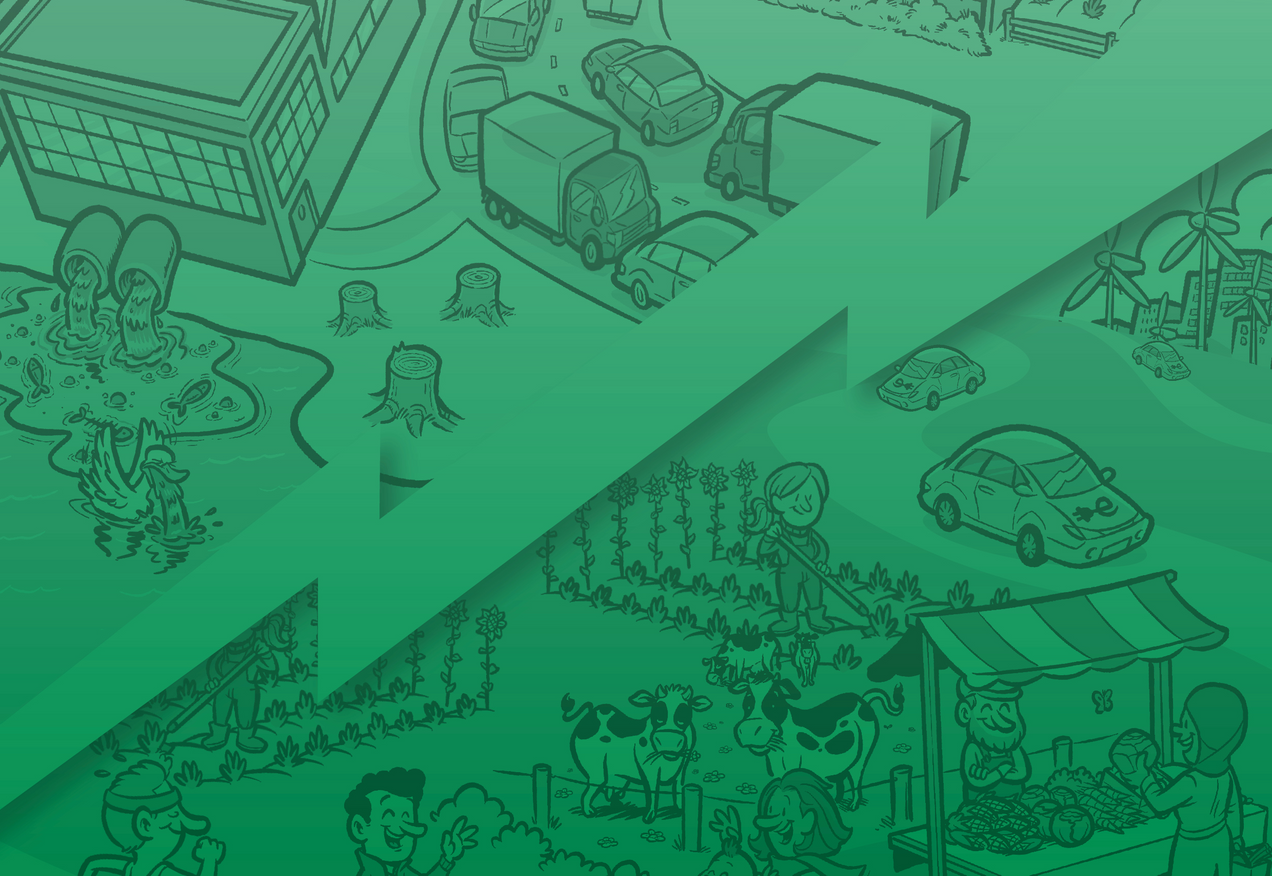Reports
Reports published by Green House Think Tank. These tend to be more substantial publication than Gases, and contain specific policy recommendations.
Briefing: Managing the UK Economy in times of the Climate Emergency
This briefing describes how the UK economy functions based on the works of many non-mainstream economists. It dispels the current economic orthodoxy of fiscal rules and taming inflation, shows banking is key for a thriving economy, and gives different options for funding public spending.
Beyond Drax: A Real Green Future for Yorkshire and the Humber
In this report we quantify and describe over 70,000 green jobs across various sectors in Yorkshire and the Humber over ten years. We propose a redirection of Drax subsidies towards this vision.
Is the Green Book fit for purpose in a climate emergency?
Recommendations from a round table discussion which took place in Autumn 2022. The Green Book, is produced by HM Treasury (HMT), and sets out how to assess public sector projects or policy interventions to ensure that projects give value for money.
Heating and Cooling of Buildings
This Policy Briefing applies recommendations of the Rethinking Energy Demand framing report to the heating and cooling of buildings. It outlines the current context, the need to reduce the number of buildings heated and the amount of heating and cooling needed within them.
Rethinking Energy Demand
Framing Report published in collaboration with Green European Foundation - If industrialised European societies are to reach zero carbon on a timescale compatible with limiting climate change, they must significantly reduce their energy demand. This will disrupt business-as-usual.
Mineral extraction and the world’s self-deception
Regulation is essential to ensure global mineral extraction is politically and environmentally sustainable.. It This report argues that the only way to reduce the damage caused by mineral extraction is stronger regulation.
Greening Hydrogen - Big issues around a small molecule
This report is part of a project led by the Green European Foundation exploring what a climate emergency economy would look like through a rethinking of trade, industry and infrastructure investment.
Global Public Investment requirements for Zero Carbon
Sufficient and appropriately directed global public investment is critical to shift our economies globally to zero carbon. Currently such investment is inadequate, and still funds infrastructure expansion which increases dependance of fossil fuel reliant.
Transport Investment: The Zero Carbon Challenge
Our current targets to phase out fossil fuels is insufficient. Investment drives increases in hard to decarbonise transport infrastructure. Only by shifting our investment priorities in these terms will it be possible to meet the target of keeping global warming within the 1.5°C
The Social and Environmental Requirements of a Climate Emergency Economy
Our economy is not currently zero carbon, stable or sustainable, even in economic terms. What interventions are required to deliver the rapid transition required? What must these interventions achieve and how should these requirements be defined?
The Potential for Green Jobs in Cumbria
report looks at the implications of a transition to net zero carbon by 2037 - a target date adopted by the Zero Carbon Cumbria Partnership. There could, on average, be 9,000 additional jobs, mostly in renewable electricity generation but also in transport, industry and waste management.
A proposal for restricting manipulative advertising in public spaces
This report, published by Green House think tank, argues that manipulative advertising should be restricted, enabling citizens to opt-in rather than having to opt-out of subliminal commercial messaging.












